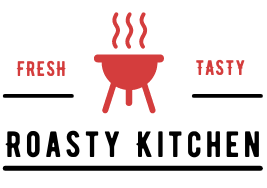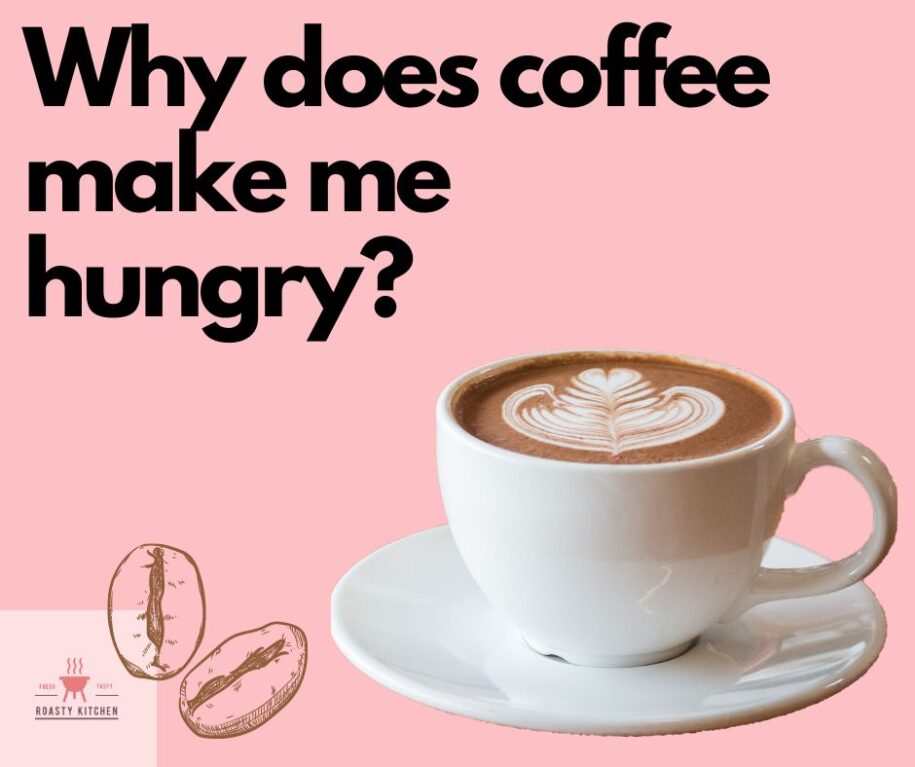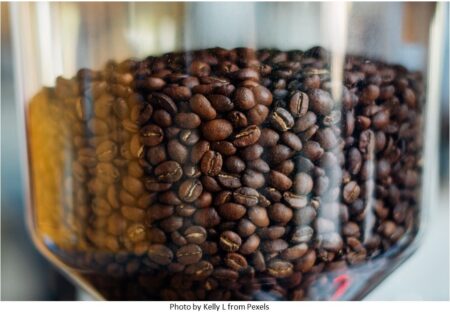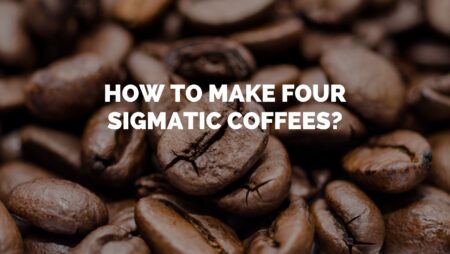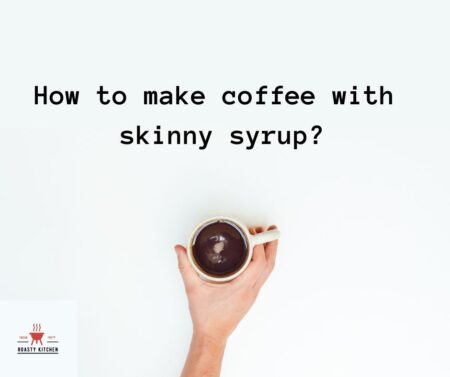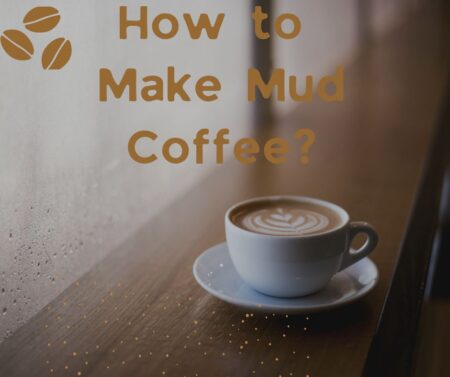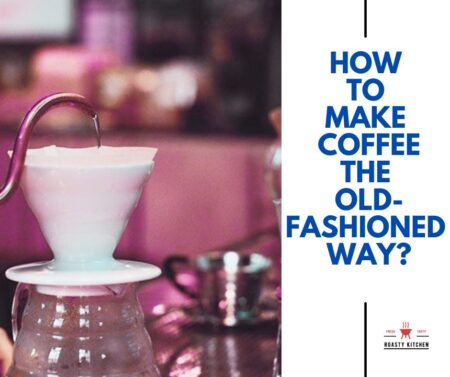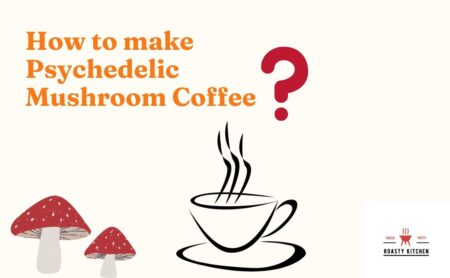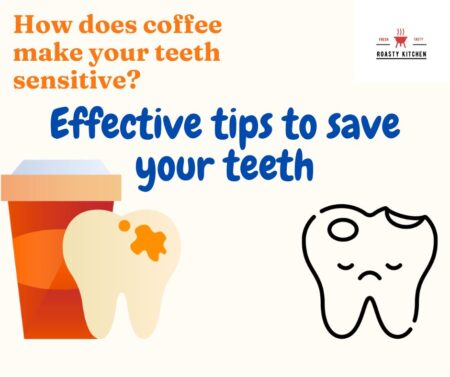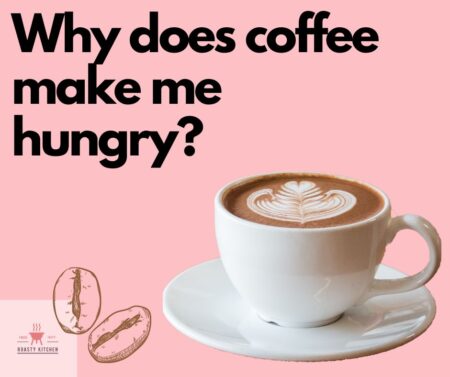If you’re a coffeeholic like me, you’d surely feel why coffee makes me hungry.
If you’re curious to know why this happens? Stick to this read to learn some amazing facts about the hunger and coffee.
Why Does Hunger happen?
Hunger strikes differently.
It comes frequently when you’re a teenager or less. Because at that age, your muscles require food to grow. When age passes by, hunger comes at a lesser pace.
There’re some correlations between coffee and hunger. But before explaining each one of them, I want to share some factors as to why appetite happens.
Less Sugar Intake
If you’re taking less sugar due to medication or whatever, you will be hungry all the time. Due to wrong medication, say taking excessive insulin or glycoside or glyburide, etc., will dip down your blood sugars which makes you feel starving.
Related Article: How to make coffee the old-fashioned way?
Less Protein Intake
Taking less protein will make you feel hungry all the time. Consider a diet that contains higher protein.
Fats is also vital along with protein. Taking more proteins, and fats stimulate the hormones that reduce your appetite. They induce hormones to prolong satiety.
Fat in your food is absorbed at a much slower pace. Resultantly, the food in your body remains for a longer period, making you less hungry all day.
Carbohydrates with no fat containment spike in your blood, and absorb very quickly. A lot of physicians don’t recommend consuming the carbohydrates with no fat.
Protein and fat are good than just relying on carbohydrates which makes you feel fuller and also will prevent blood sugar spikes that are about to happen.
Due to Insulin
Blood sugar spikes too quickly from carbohydrates. It induces insulin to bring down blood sugar quickly.
Even non-diabetic patients end up eating carbs. Their blood sugar spike goes up, and down, but insulin is still up.
Then, of course, the glucose keeps going down triggering hunger.
Less Sleep
If you’re not sleeping enough, your body will produce a hunger hormone called Ghrelin. The more the sleep late, and get up early, the more appetite will knock in. Your body will become insulin resistant if you’re not taking appropriate sleep.
Less Fiber
Fiber allows things to be absorbed a lot slower. As a result, it will keep the level of your blood sugar maintained which will lead to less hunger in the long run.
Do you know about high-fiber foods? Well! Not every fruit is high in fiber. If they’re high in fiber, they’ll also be high in sugar.
So, you’ve to be moderate with respect to eating high-carbohydrate foods that are high in fiber. But the higher the fiber, the better you can subtract the fiber from your total carbs.
Not Drinking Enough Water
A good trick for you to decrease or well-maintained appetite is to drink water. If you drink water especially hot water, or even just regular water, it’ll fill your stomach. And when your stomach is distended, it gives the body fullness signals.
People can mistake hunger and thirst. When they’re thirty, they may end up eating food which make them more thirsty.
There are a lot of people who don’t drink water at all. At least have eight ounces of water or fluids after 4 or 5 hours.
Excessive Exercise
This is a general conception that a lot of exercise brings extreme appetite. You know how the digestive system works once the body keeps busy in physical or mental movement, getting the foods absorbed quicker which causes frequent hunger.
Excessive Alcohol
Alcohol is almost like a stimulator of appetite. So people who drink alcohol tend to eat more. In addition, alcohol can suppress glucose production, so after a night of drink, for example, you may wake up in the morning starving. And that’s because alcohol blocks your liver to produce glucose for energy.
Instead of waking up with a blood sugar of 90, you may end up waking a blood sugar of 70 which can trigger a severe hunger reaction. Make sure you stay away from alcohol, if can’t, at least keep it to one and a maximum of two drinks a day.
I presented some interesting facts about the appetite. When you feel hunger, just checked the above reasons you follow.
So, how does coffee make one hungry?
First, as a coffee lover, I hope you can differentiate between decaf and regular coffee. Both I will explain them in a minute.
But if you’re getting either of them, each effect is different on appetite.
But if you’re a newbie or know nothing about coffee other than just drinking it. I’m explaining what coffee gets that satiety your hunger.
Coffee contains a component named caffeine. Let’s take a look at what caffeine does.
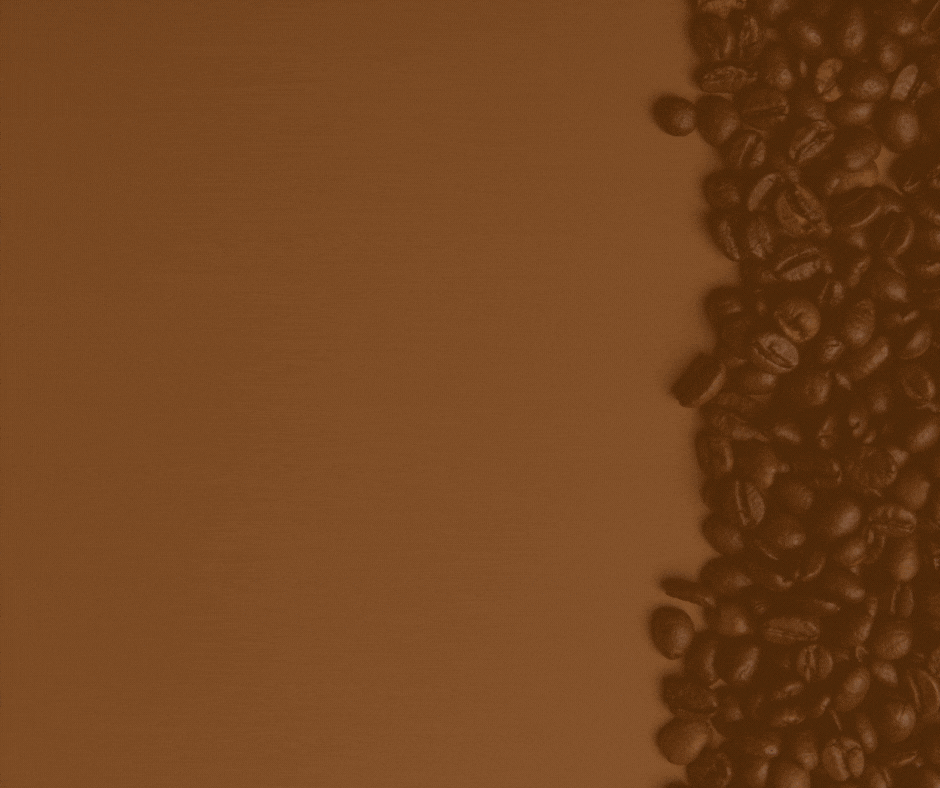
Caffeine
Caffeine is the famous part of coffee, and a natural compound found in coffee beans, and tea. It helps prevent adenosine to reach the brain, making you feel less fatigue.
But caffeine doesn’t do all good, multiple problems bring from coffee that contained a lot of caffeine.
As we now quite know caffeine. Let’s bring the two-styled coffee we talked about – the decaf and regular coffee.
Regular Coffee
Coffee that contains a normal amount of 95 milligrams of caffeine can be known as regular coffee.
Decaf Coffee
When the caffeine removes from a regular coffee is called a decaf coffee. It’s not possible to remove all caffeine from a regular coffee; 5-10% of caffeine is always there.
A research made on the relationship between coffee and hunger. Researchers drank decaf coffee to some who reported the lowest level of hunger and a decrease in hunger over three hours.
People who drank regular coffee reported modest hunger, but higher hunger compared to decaf.
And people who drank water were reported with extreme appetite.
Why does decaf make you have less appetite?
Decaf coffee comprises antioxidants, the least amount of caffeine which decreases appetite.
Conclusion
If you’re feel appetite all the time you drink coffee, just check which coffee you’re taking. I’m sure you’d drink regular coffee which prove through research that it brings modest appetite.
I hope this article has somehow built the basic knowledge of how hunger develops, and the corelation of coffee and appetite.
